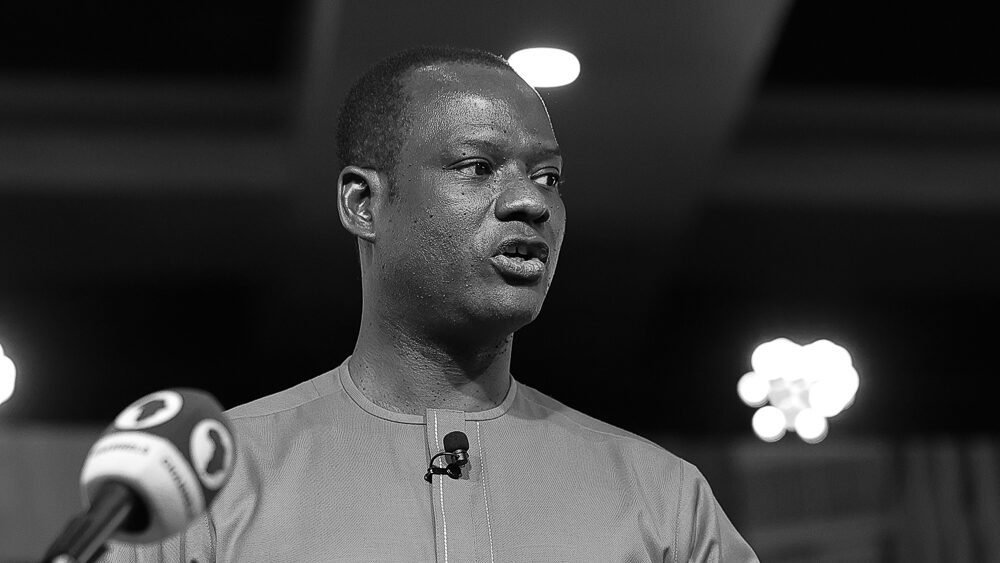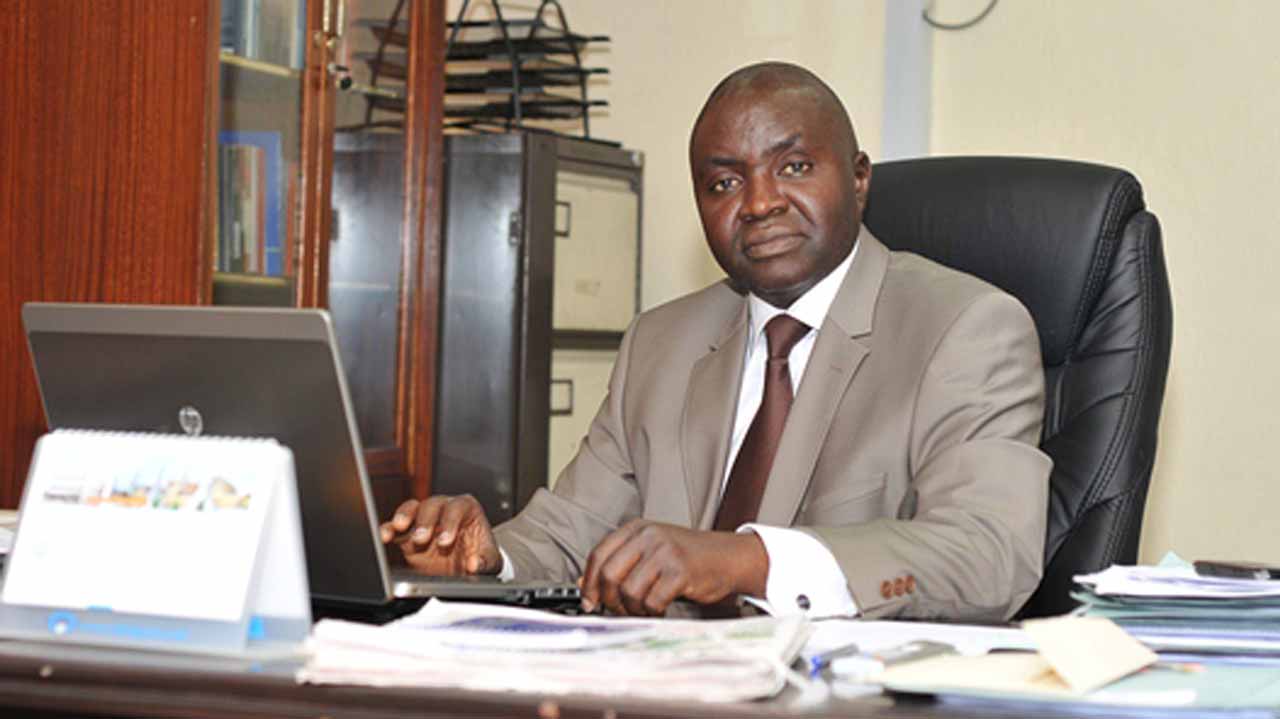Nigerians will be witnessing a new electricity market regime in the coming weeks and months underpinned by free market practices such as cost-reflective tariffs, bilateral trading between generation companies and distribution companies, and state-owned independent regulators andpower firms. But, the hard reality is that many states and consumers may not withstand the demands of this new power market, which may trigger civil unrest of alarming proportion,writes Peter Uzoho
New things are beginning to happen in the Nigerian Electricity Supply Industry (NESI) in
compliance with the provisions of the Electricity Act 2023, which liberalised the market, allowing state governments to play an active part as regulators and operators.
Following this law, many states are setting up independent electricity regulators and establishing distribution companies (Discos) to compete with the existing utility firms in their respective jurisdictions.
Two weeks ago or so, the Enugu State government set up its power regulator and also established its Disco called 'Mainpower'. As reported by THISDAY, last Tuesday, Akwa Ibom State has also established its power distributor, called 'Ibom Utility', and is in the process of setting up its electricity regulatory agency.
Currently, the Nigerian Electricity Regulatory Commission (NERC) is in the process of handing over regulatory powers to states as it will be formally transferring the powers to seven state regulators from November 22, 2024, starting with Enugu and followed by Ondo, Ekiti, Oyo, Kogi, Edo and Imo.
President Muhammadu Buhari had in March 2023 assented to the landmark law, which empowers states to license, generate, transmit and distribute electricity. But, his successor, President Bola Tinubu, has also made at least two amendments to the law since he took over the leadership of the country in May 2023.
The electricity market in Nigeria was hitherto centralised, allowing only the federal government to oversee the three chains of generation, transmission and distribution.
What the New Market Entails
The new electricity market is expected to be driven by bilateral trading between the generation companies (Gencos) and the Discos, where Discos will now be entering into Power Purchase Agreements (PPAs) directly with Gencos to buy and sell power to consumers within their jurisdictions.
Under the new regime, consumers will start paying more for electricity as cost-reflective tariff takes effect, ultimately leading to an additional hike in tariff to about N1,000, from the current N700 per kilowatts per hour (kw/h) being paid by the Band A customers that enjoy over 20 hours power supply in a day.
The new electricity regime is also expected to lead to the exit of the Nigerian Bulk Electricity
Trading Plc (NBET) which currently manages all the electricity invoices on behalf of the market. The new market will equally lead to the end of the Transitional Electricity Market (TEM) which has been in existence since 2015 and which paved the way for the subsidy regime in the market, a fertile ground for the existing illiquidity in the sector.
Nevertheless, with the new electricity market regime, NERC will now only be responsible for setting tariffs in the Federal Capital Territory (FCT) and performing other statutory functions in that area. At the same time, states will be responsible for fixing and managing tariffs and performing other statutory responsibilities in their respective jurisdictions.
The Looming Crises
No doubt, allowing the free market to play in the Nigerian electricity sector has its merits, such as boosting investor confidence, increasing investments in the sector, raising industry revenue, creating certainty in the market, and guaranteeing quality power supply and general service efficiency and excellence. It will also help to wean the government off the subsidy burden and allow it to focus on core governance mandates while allowing the private sector to drive the sector through healthy competition.
But beyond the euphoria trailing the liberalisation of the power sector, crises of various proportions are being envisaged in the industry and across many states as some stakeholders are raising concerns about the ability of the subnational to regulate and manage the market, especially in the area of tariff payment and sustained supply.
Questions are being asked about the ability of the consumers to pay cost-reflective tariffs considering the hard economic situation in Nigeria, driven by the devaluation of the naira, with resultant high living costs, dwindling disposable income, and high fuel costs amongst others.
Stakeholders are asking what happens if consumers cannot pay the right tariff as demanded by the new regime. Will state governments pay for them?
Do state governments have the capacity to pay subsidy if that is an option, considering their ignoble record of non-payment of salaries and pensions for many years? Will there be mass disconnection of consumers by Discos and will this lead to protests and civil unrest across the states? Also, will the emerging competition between states and the existing Discos breed disputes that may further collapse the electricity sector in Nigeria? More and more questions are begging for answers.
NERC Calls for Caution
Weighing in on the implications of the new market regime, NERC's Commissioner in charge of Legal, Licensing, and Compliance, Dafe Akpeneye, raised some doubts about the capacity of the subnational governments to manage tariff setting and payment, especially when the consumers are unable to pay, to keep the market afloat.
He cited the states' record of non-performance in payment of salaries.
Akpeneye also pointed out some gaps in the Electricity Act 2023, saying no sunset clause addresses some of the issues that will arise in the course of implementing the law.
He explained, "The law is law, I can't question the law. The point is, regardless of what you think, we are going to have a maturing moment. So we will go through our processes. "But there is a major trigger. It now means that states will now be responsible for the determination of one, what is the tariff? Two, this is the cost-reflective tariff. Three, should my people pay that tariff? Fourth, if my people are not going to pay that tariff, this is the cheque. "So that is a serious issue and that is going to be the maturing moment that everyone has to face.
And I think we made a mistake in the Electricity Act and the Constitution Amendment because we didn't put in place a sunset clause that, on X date, all states should transition."
He argued that it would be unfair and against the concept of federalism if some states could transit and were able to foot their electricity bills while others were left to suffer a lack of power supply due to their financial incapacity.
He further explained, "So that's not a tidy arrangement, and it goes against the concept of federalism, in that, there should be parity in the treatment of the subnational. So, it's an interesting question that I think we need to treat with the maturity in which we treated the issue of the Doctrine of Necessity when we were about to move power from President Yar'Adua to
President Jonathan when everybody woke up and said we have to be mature in how we treat this decision. "That's where we see ourselves going and we have to manage it well because, in fact, not many states can afford it. Minimum wage of N30,000 was a big challenge for many states and N70,000 is a hard task. Some states haven't paid the N30,000 and you are telling them to come and pay N70,000. So we need to have a solution that works".
Operator Warns of Cost-reflective Tariff
Contributing to the discourse, the Head of Corporate Communications at Ibom Power, Michael Dada, said the major problem to be witnessed as the new Electricity Act and bilateral trading take effect is the possibility of cost-reflective tariff, the ability of the customers to pay and the capacity of state governments to fund subsidy to lower the cost.
With the current Band A customers already complaining about paying about N700/kwh and the tariff expected to rise to about N1000/kwh under the emerging bilateral market regime, Dada suggested that the federal government should consider paying some subsidy until the market stabilises.
He added, "Now that states have started taking over, they will begin to see the reality. You can see that NERC is so excited to see states taking over, but the states don't understand what they are going into. It's easy for them to say yes, I can now generate, transmit and distribute, but have they looked at the cost?”





